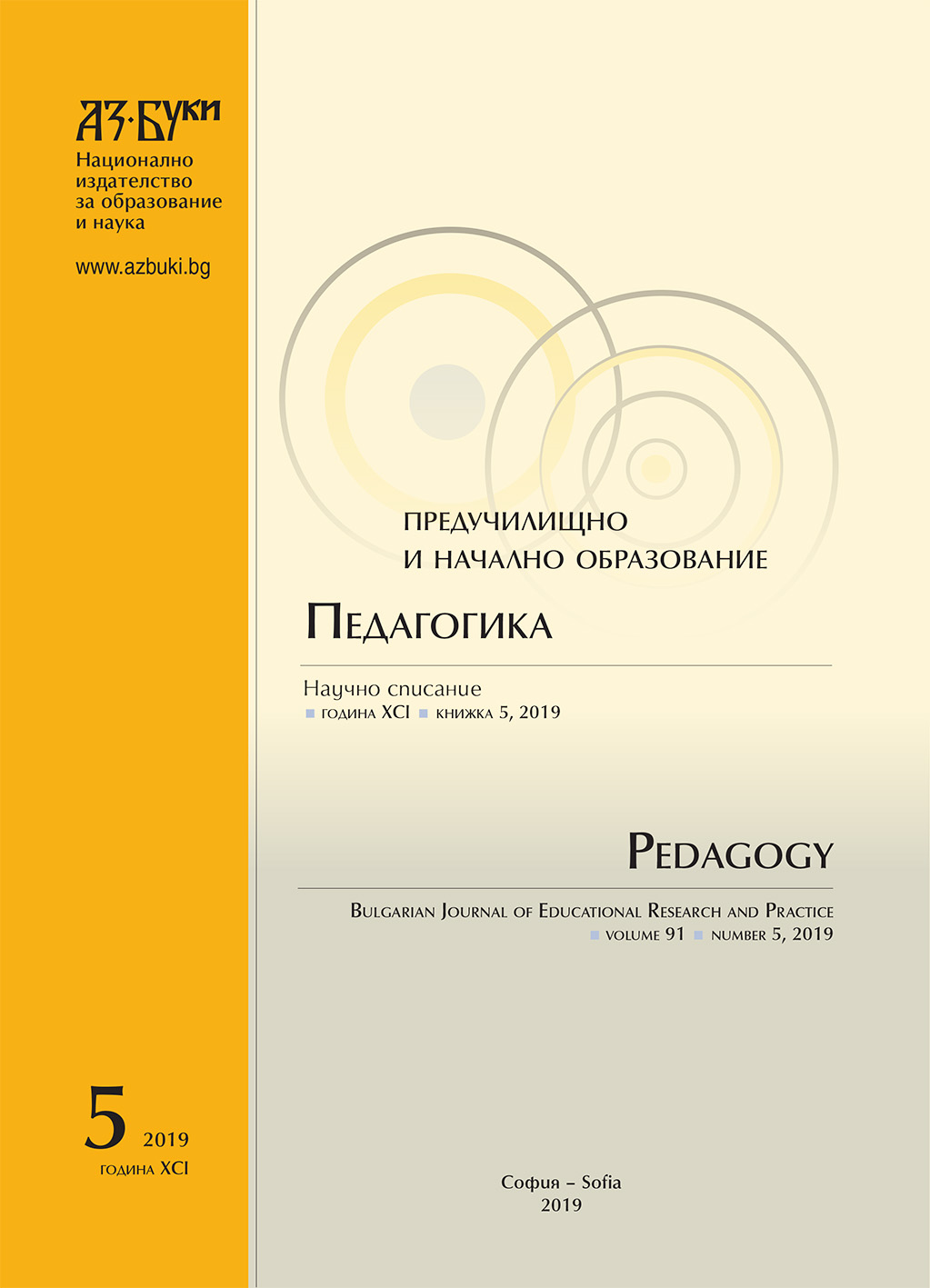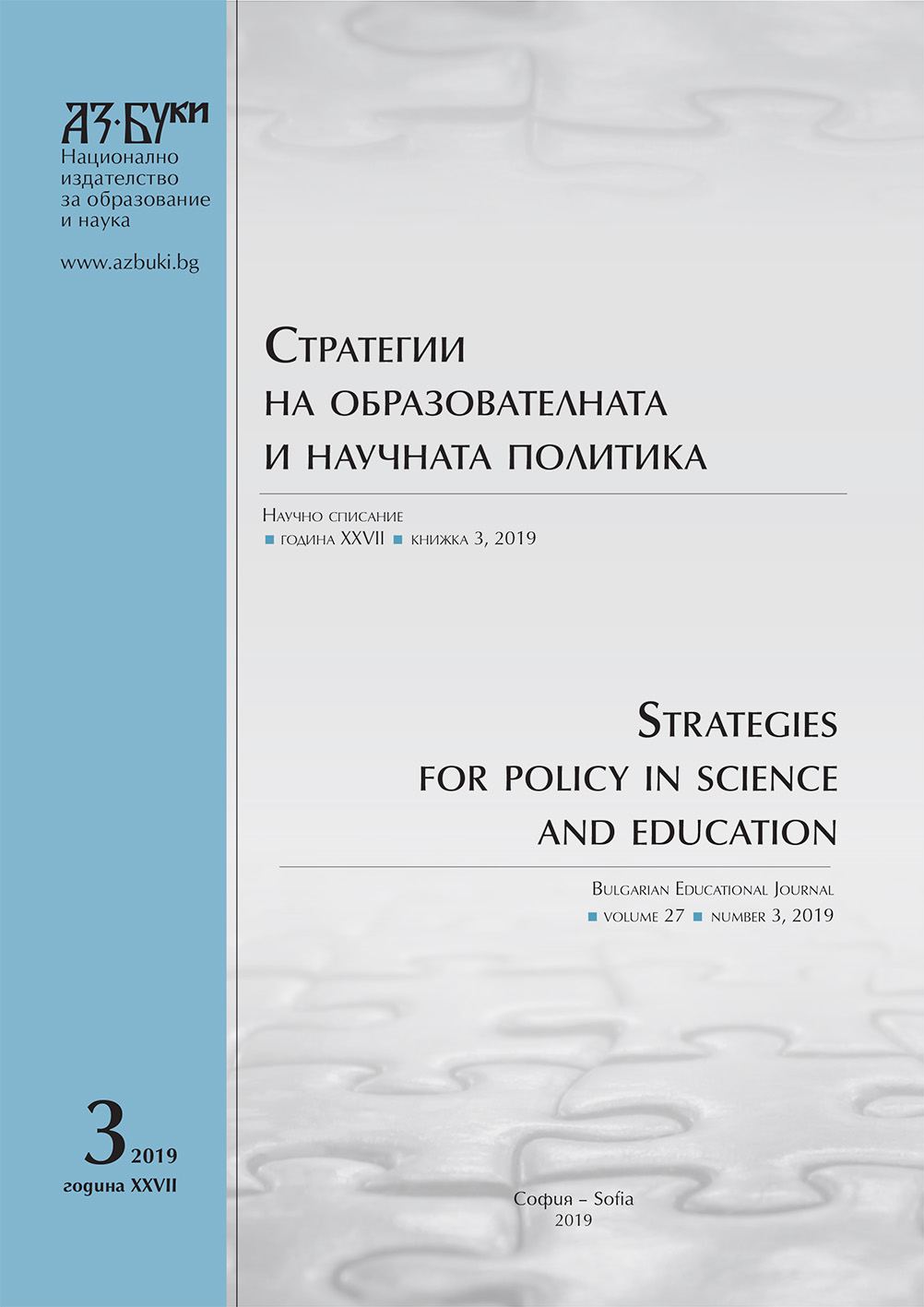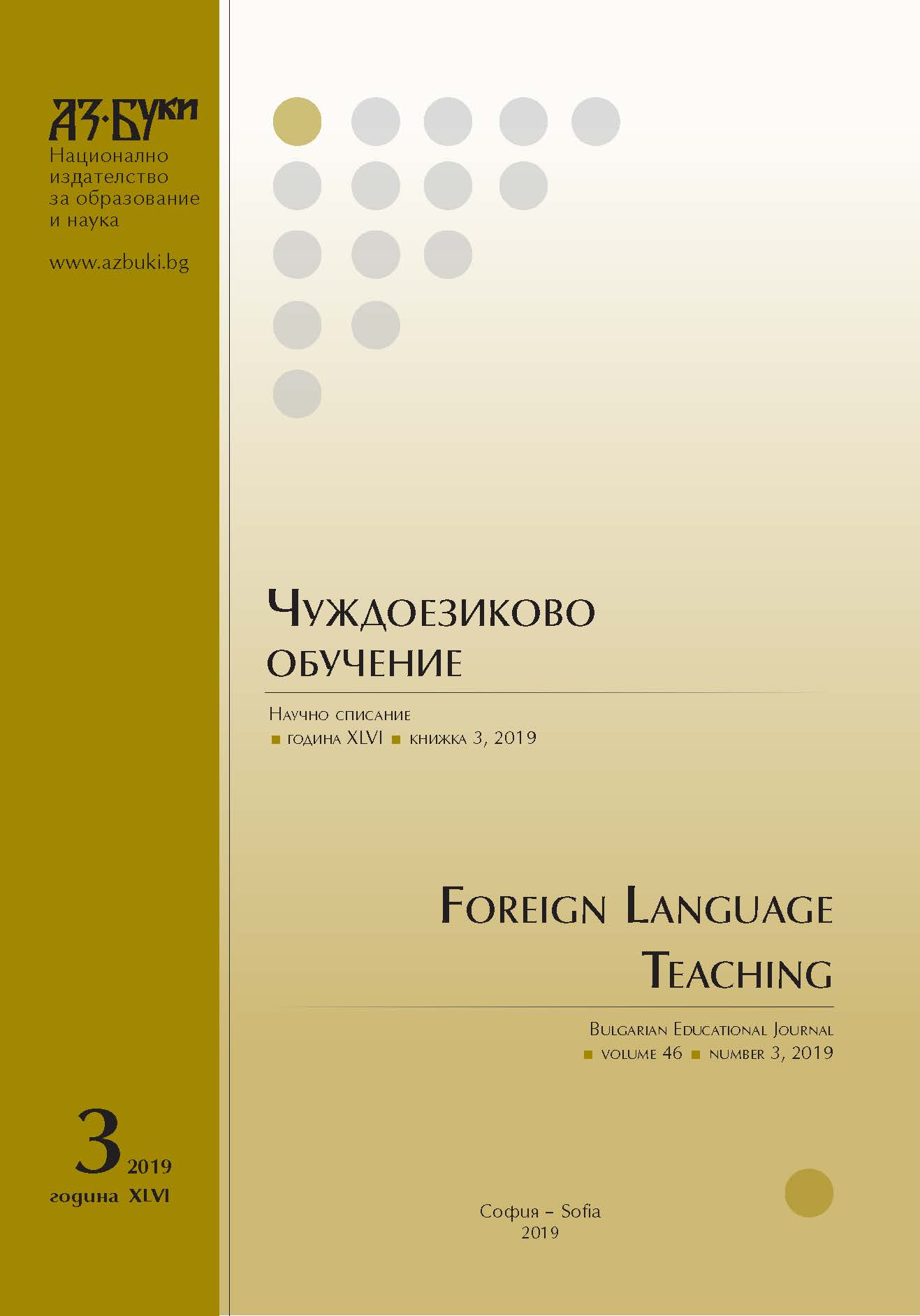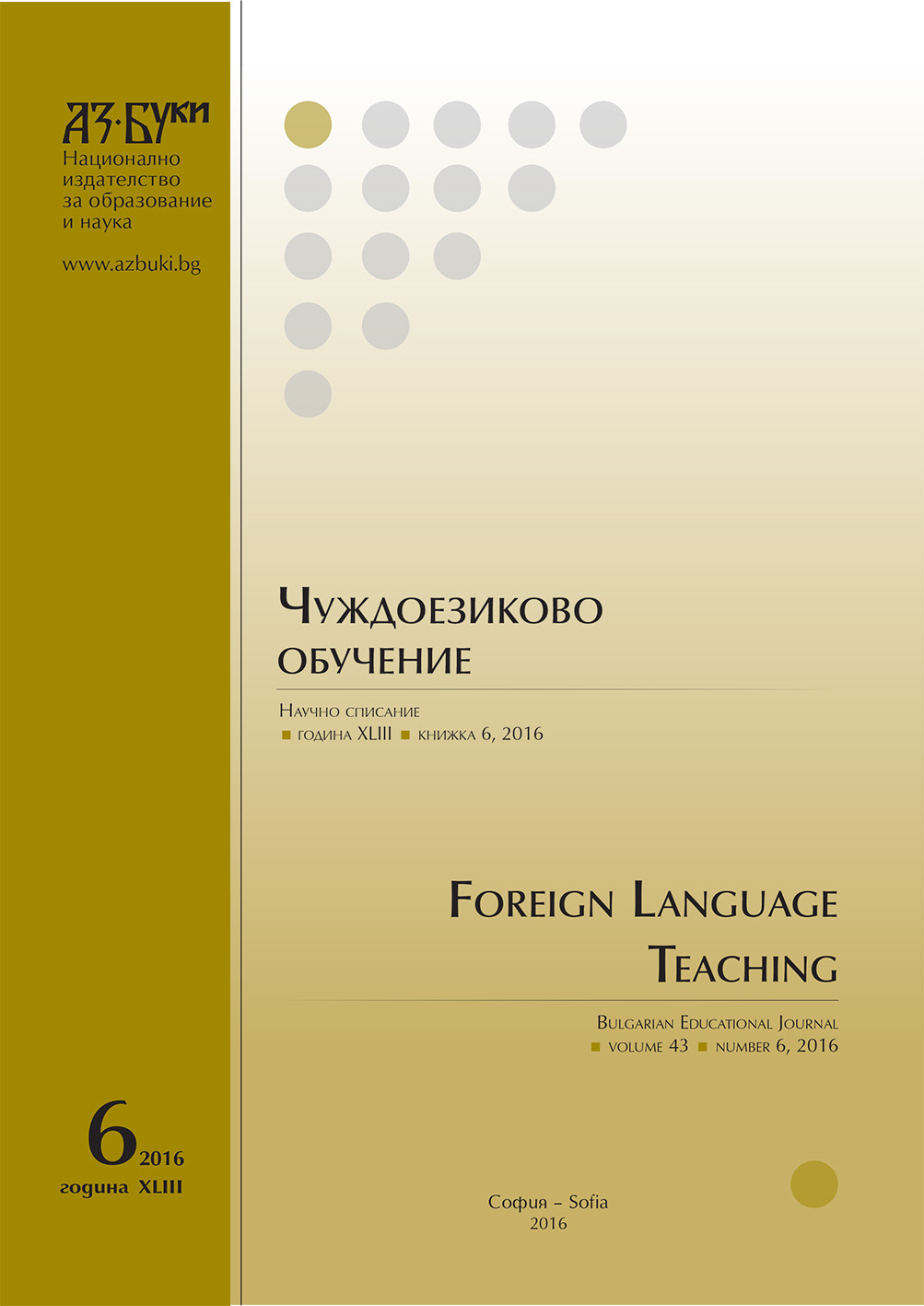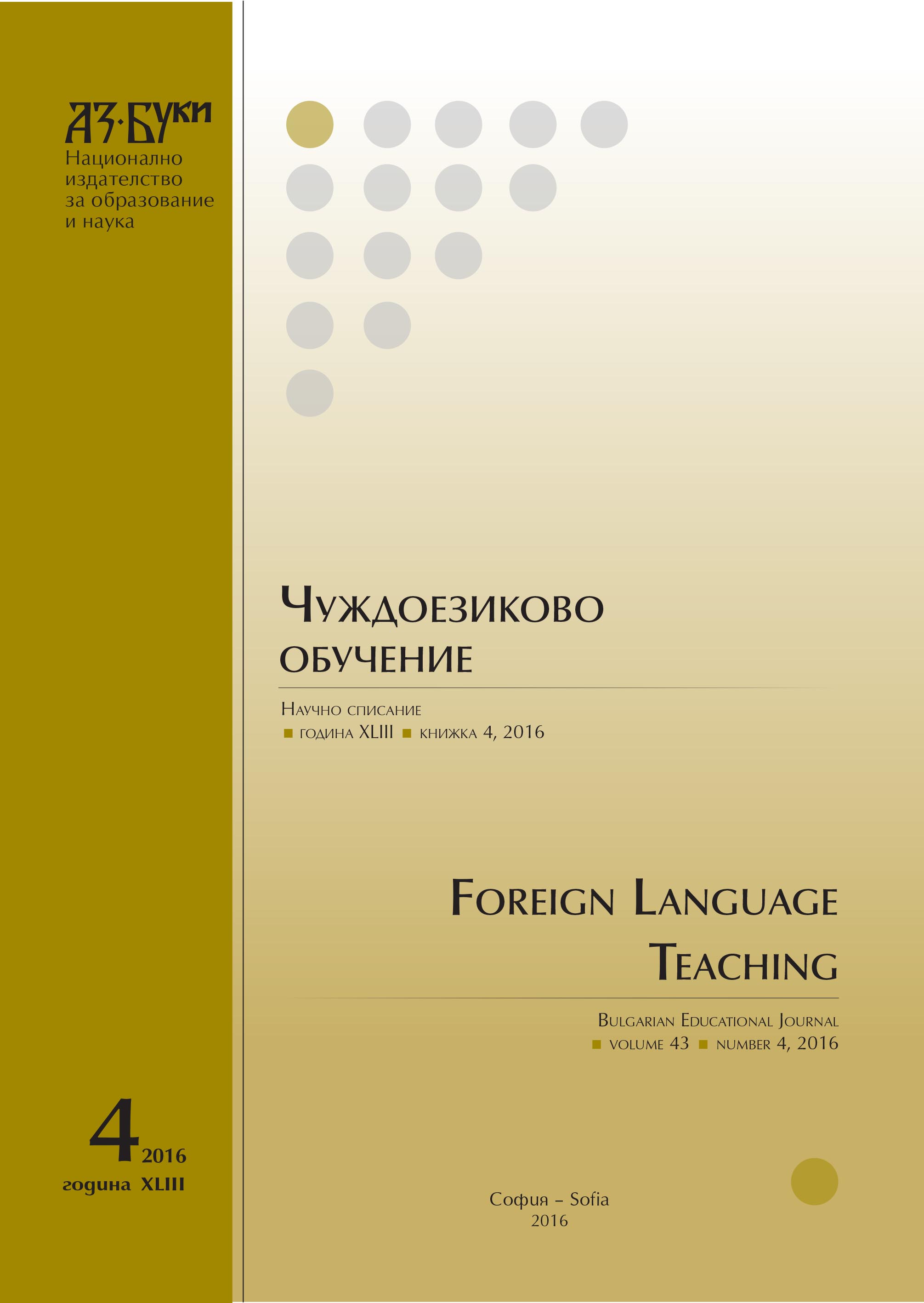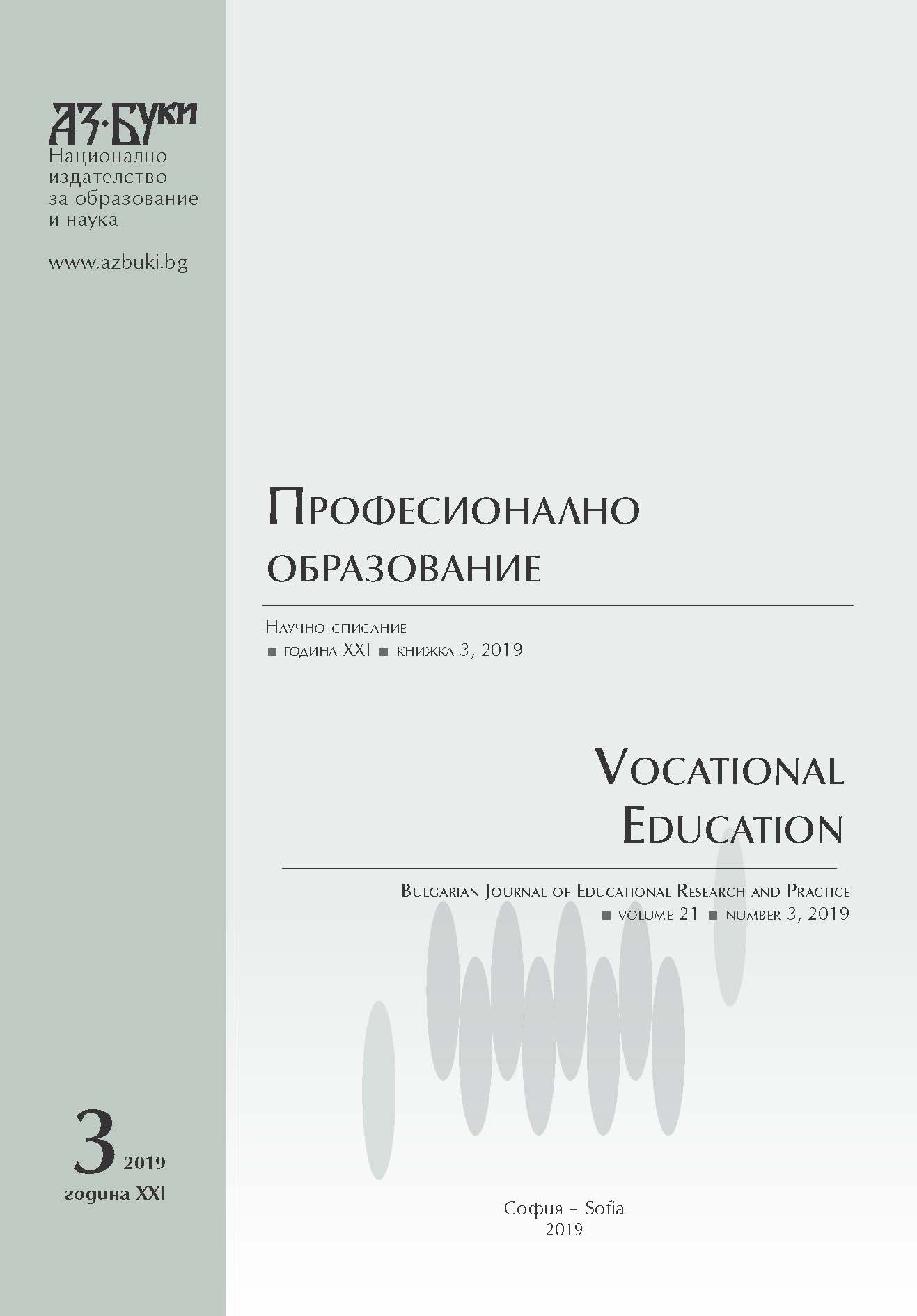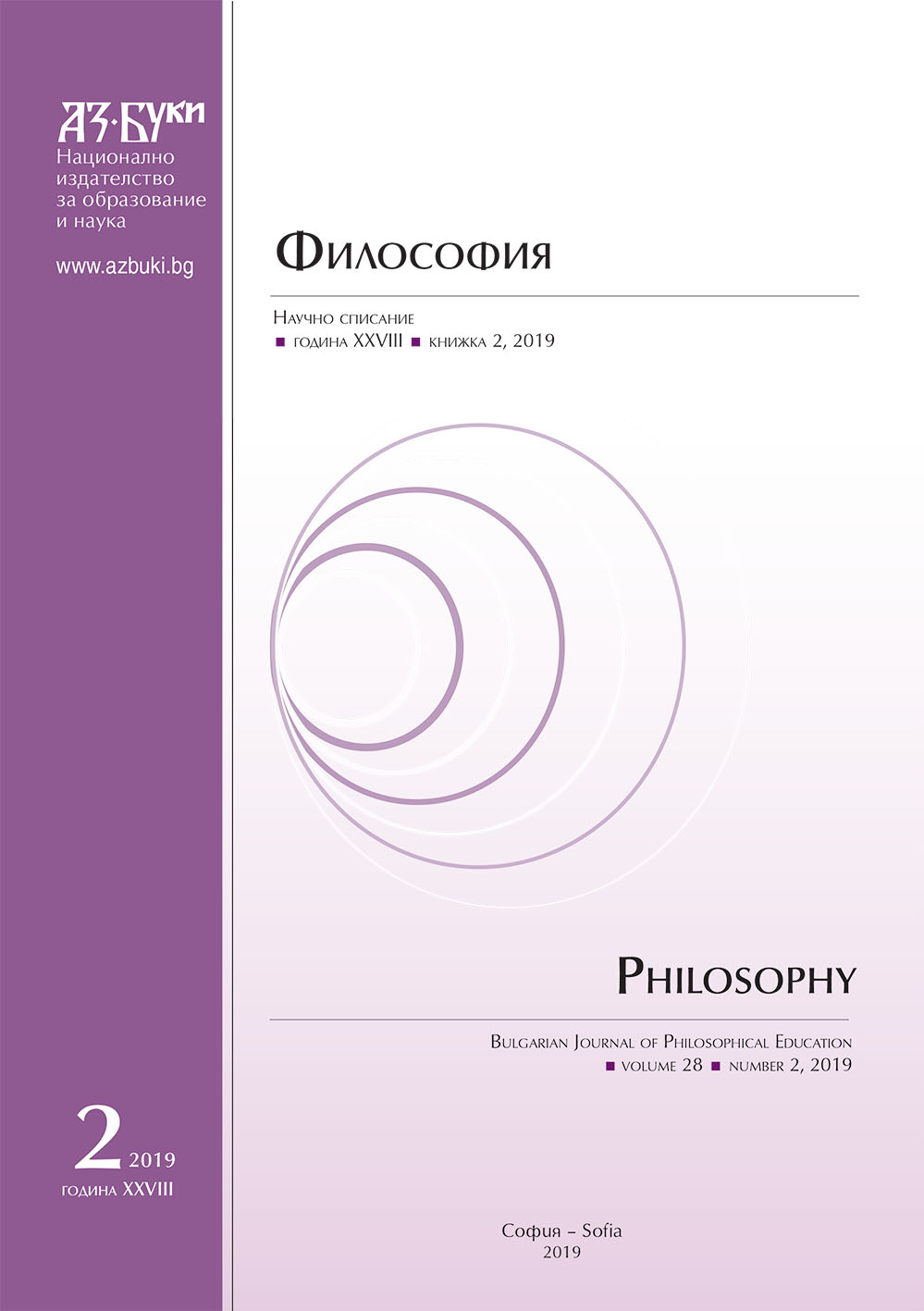
Тематични и ценностни модели в образованието по философия
Teachers need to develop and improve their knowledge to be in favor of the newest methods and ways of teaching. They also need to share their practices both in personal and professional way. This opportunity was given by a new educational forum – a National Conference “Thematic and Value models in Education and Philosophy Teaching”. The event was held in South West University “Neofit Rilski”, Blagoevgrad on May, 10th – 11th, 2019. The organizers of the event were the Faculty of Philosophy from the South-West University and Regional Department of Education in Blagoevgrad. The conference aimed at enriching knowledge of teachers in both schools and universities, as well as giving opportunities for sharing good practices and finding innovative and common solutions of current issues in teaching and learning Philosophy. This was the second conference of the kind and it attracted more participants. There were different sessions in two days based on the humanity in Philosophy, new educational standards, civic education as a new school subject, innovative and modern methods of teaching and how to put films and video materials into practice in teaching. The second day of the conference aimed at new understanding about reason. There were valuable discussion about Religion as a school subject and an interesting article on Axiotopics. The final discussion pointed at the importance of such events finding common ways to deal with problems and presenting innovative methods and achievements which is a challenge for the new forum next year.
More...
